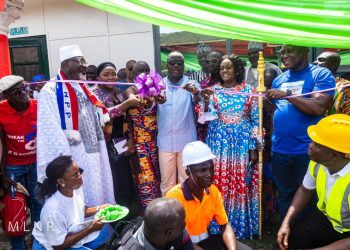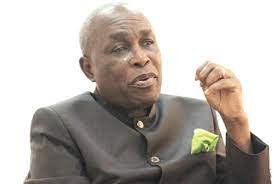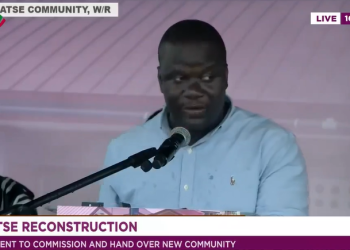A policy think tank, the Ghana Centre for Democratic Development (CDD-Ghana), is strongly advocating for the effective participation of the youth in local governance to drive development.
The policy think tank believes that the youth, when engaged, can provide significant ideas to solve some developmental issues within their various local assemblies.
Speaking on the sidelines after the launch of the Ghana Cities Monitor Report, a survey conducted in three key regions (Greater Accra, Ashanti, and Northern Region) in the country on evaluating the quality of life of city residents, a research analyst with CDD-Ghana, Gildfred Asiamah, observed that the youth are the least involved group in decision-making.
“We need to know where we are going to as citizens involved in discussions regarding urban development and cities. So, it is about who governs the space. So, talking about governance, do we think about citizens (youth) as part of it? Yes, so clearly the answer is a big no”, he noted.
He urged Metropolitan and Municipal District Chief Executives (MMDCEs) to actively factor the youth into decision-making to enable them to drive development.
“If you look at the scores that we have, people (the youth) think that they do not have the opportunity to even engage. The Assemblies are not engaging them enough, so that’s what we see in the report. We think the Assemblies must do more to engage the people (youth) because some solutions don’t even need money. When you engage the people, you get the answers”, he said.
Mr. Asiamah added that their survey found that only 30% of respondents were satisfied with local governance in all the aforementioned cities, which creates a gap in accountability on the part of the MMDCEs.
For his part, a lecturer at the University of Ghana Business School, Prof. Abdulai Gafaru, wants the government to shift from appointing mayors to electing them to promote effective accountability.
“Elections actually make a significant difference in the context where we vote on the basis of issues. The ethnic voting pattern remains very salient in all our cities in the Ashanti Region, in the Northern Region, and in the Greater Accra Region if you like the Greater Accra Metropolitan area. So we are actually likely to drive some benefits moving towards an electoral system,” he said.
The CDD-Ghana, with funding from the Hewlett Foundation, embarked on the Ghana Cities Monitor Report to track the experiences of citizens in some cities, which will aid in policy formulation on governance and service delivery in the cities.











